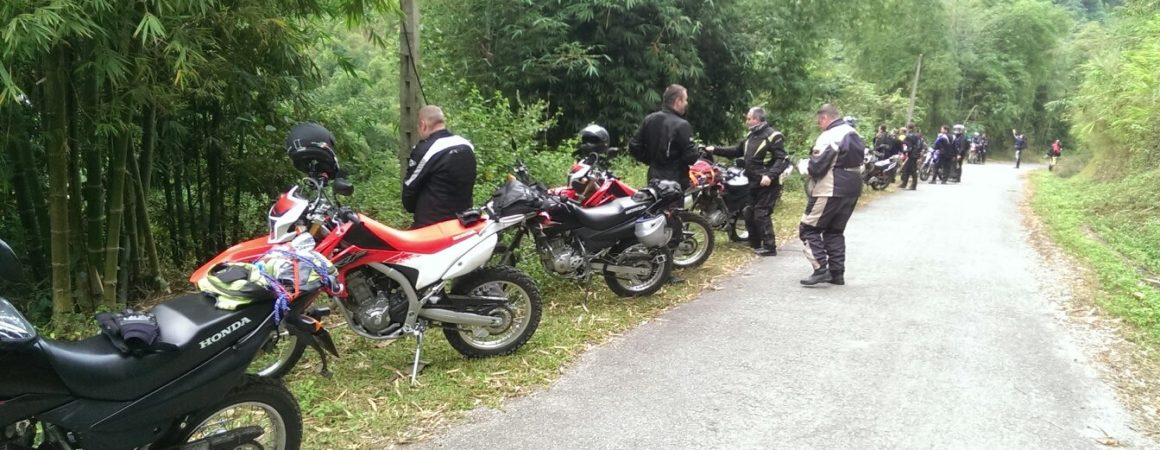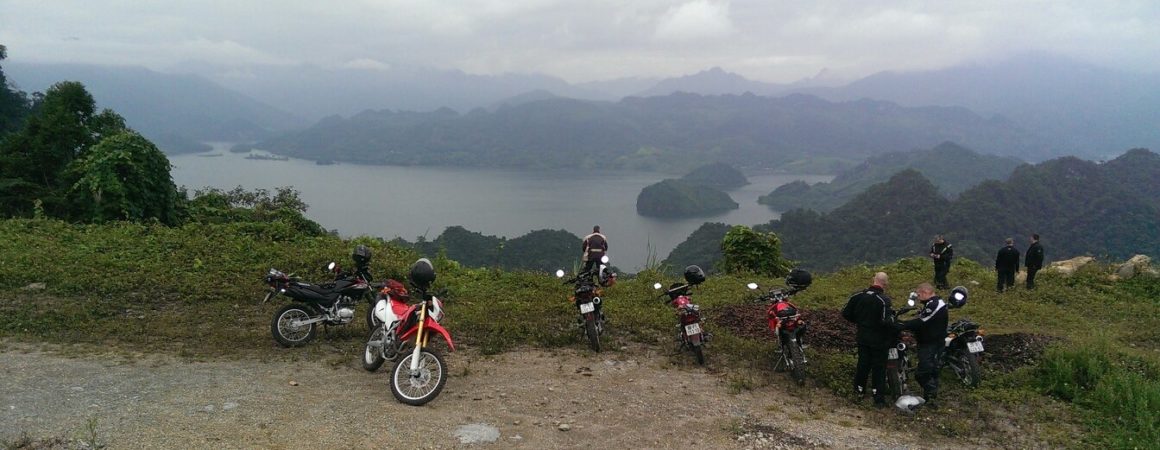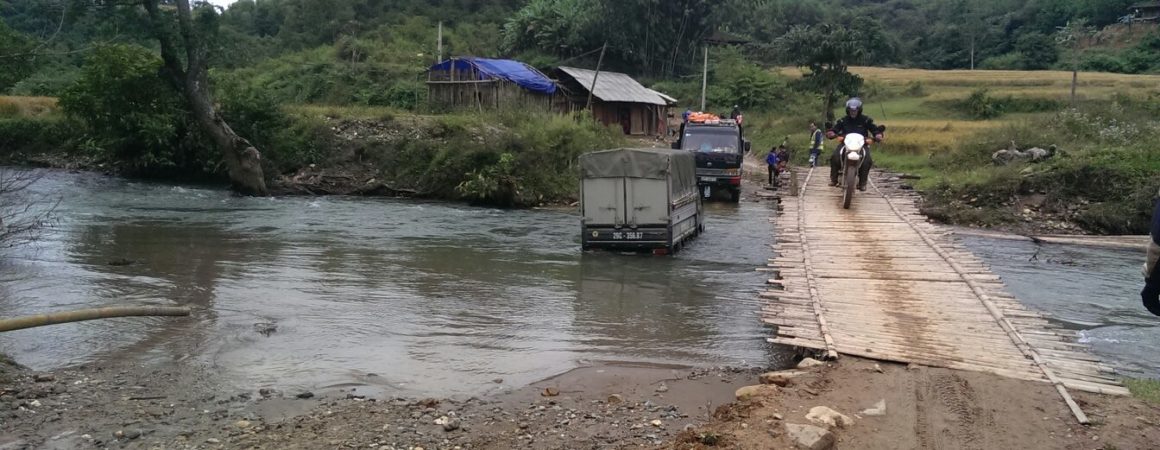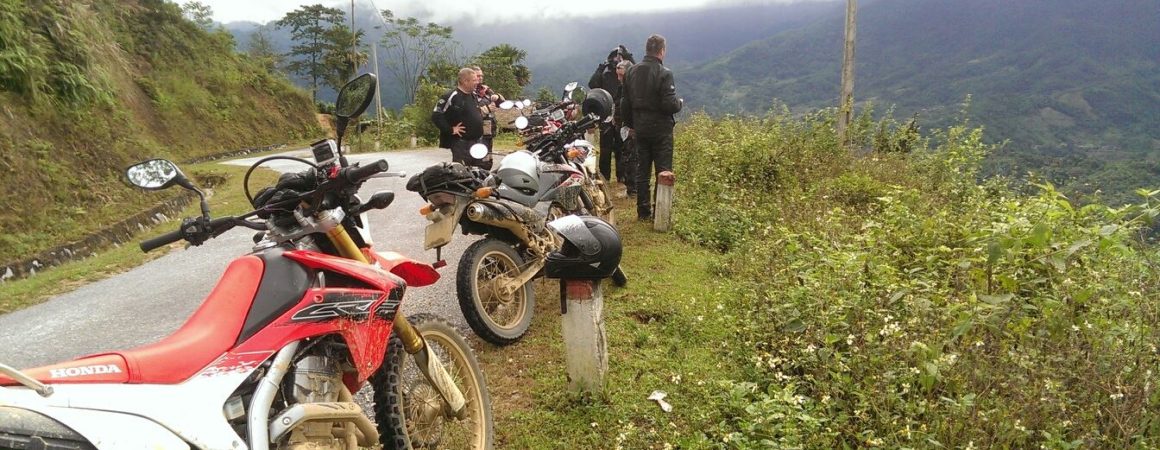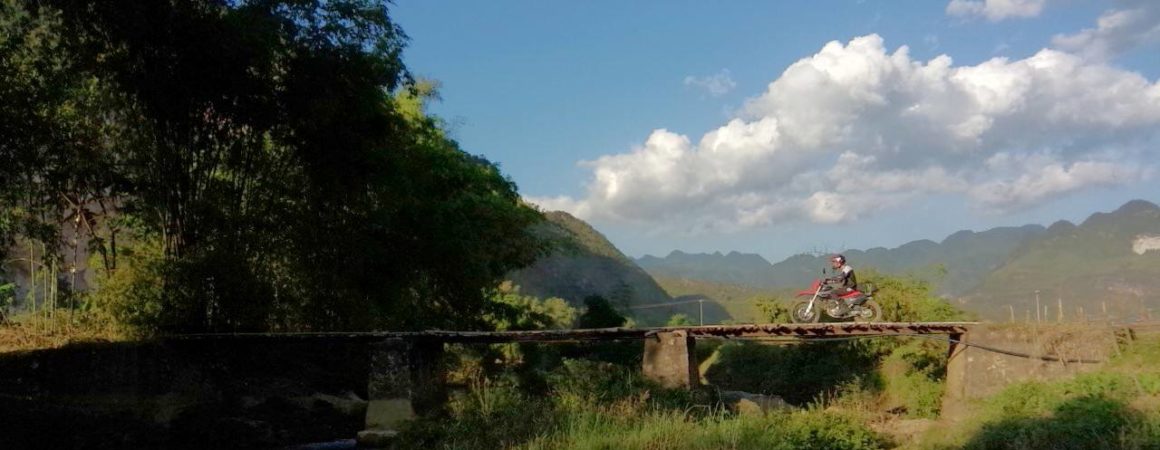CU LAO CHAM – THE BEAUTIFUL OFFSHORE ISLAND
Cu Lao Cham is known as a beautiful island with various wild animals and legendary landscapes.
The large island consists of eight islets, 20 kilometres off the coast from Hoi An Ancient Town in Quang Nam Province. Cu Lao Cham Island has wonderful sand beaches, forested hills and the sea. With primitive landscape, the island is ideal for camping, swimming and scuba diving to enjoy the corals and beautiful marine life.
At the summer, if you reach for the island by normal boat, it takes 2 and half hour, but only 30 minutes by speed boat. There are 10 guesthouses for tourists who don’t want to spend the night in a tent on the beach. Transport from the mainland to the islet is quite comfortable.
History
Cham islands are supposed to be the first place where Cham people landed, coming to Quang Nam Province from Indonesia (small monuments, dikes and basin to grow up rice on terraces are hidden in the forest, 17th century pagodas and small temples in the two villages). Therefore, being well-known since earlier Cham domination (from 4th to 14th century), the island became one of the main port of Champa Kingdom. Situated some eight miles offshore Hoi An, it was also part of Hoi An historical international trading. From 15th century till the beginning of 20th century, the old city was a meeting point for international vessels and junks.
According to archaeologists, Cu Lao Cham first settled there 3,000 years ago and established business contacts with external countries some 1,000 years ago. Up to now, Cu Lao Cham has preserved many architectural constructions which date back to the 18th and 20th century. They include the shrine dedicated to Than Yen Sao, built in 1843 at Bai Huong and Hai Tang Pagoda, built in 1753 on the western hillside of Hon Lao. Still, Cu Lao Cham has more to offer. After a three-hour canoe trip, one may hop over to the famed Well of the Cham people.
Topography
The island comprises an archipelago of one large island and seven smaller islands. The largest island – Hon Lao, covering 1,317 ha, is circle shape at the high of 500m. There are nice beaches at Bim and Ong beach. The topography of Cu Lao Cham Island is dominated by two peaks: a 517m peak in the centre of the island and a 326m peak at the western end. Natural forest here covers 532 ha of the nature reserve, equivalent to 35% of the total area, while plantation forest covers a further 30 ha.
ha, is circle shape at the high of 500m. There are nice beaches at Bim and Ong beach. The topography of Cu Lao Cham Island is dominated by two peaks: a 517m peak in the centre of the island and a 326m peak at the western end. Natural forest here covers 532 ha of the nature reserve, equivalent to 35% of the total area, while plantation forest covers a further 30 ha.
Biodiversity values
The island is a place where shelter for value swallow birds. The natural vegetation of the islands is lowland evergreen forest, that is natural with a lot of woods and rare animals.
Scientists report the occurrence of macaques Macaca sp., monitor lizards Varanus sp. and pythons Python sp. To date, 265 vascular plant species have been reported from the nature reserve. Furthermore, a species of swiftlet Collocalia sp. is reported to nest on Hon Kho within the nature reserve.
Cu Lao Cham is also home to salanganes, birds whose nests have long been considered a delicacy by aristocrats and the wealthy. The nests may cost as much as US $4,000 per kilogram. In a beautiful day, tourists are able to see cliffs where salanganes build their nests and talk with salangane-nest takers.
Around the island has a lots of color corals under the water. Situated in a salty-water area, this square-bottom well, amazingly, provides clear fresh water all year round. Enjoyable extras include white-sand, pristine beaches and captivating attractions evocatively named Bai Ong, Bai Bim, Bai Chong, Bai Bac, Suoi Tinh, Cau Mo, Suoi Ong and so on, where tourists can relax, go hunting, fishing even fishing octopuses.
Visiting Cu Lao Cham, you also have chances to view the sea swallows’ nests clinging to the towering cliff. Cu Lao Cham wins kudos for its seafood and delicacies (octopuses, lobsters, fish’s fin, abalone, kaki, hind, cholonia’s eggs, bird’s nests) and fascinating souvenirs (pearls, conches, tortoise-shells).
fascinating souvenirs (pearls, conches, tortoise-shells).
Moreover, you can take a tour to Lang beach for seeing some interest places as such Au Thuyen-a shelter for boats at bad weather, a 100-year Tay Tang Pagoda remarking the Puddhism that came here for long time ago, Ong temple – a place worshipping a big fish burried here.
Close to Hoi An town, Cu Lao Cham really cherishes high potential for tourism development.

